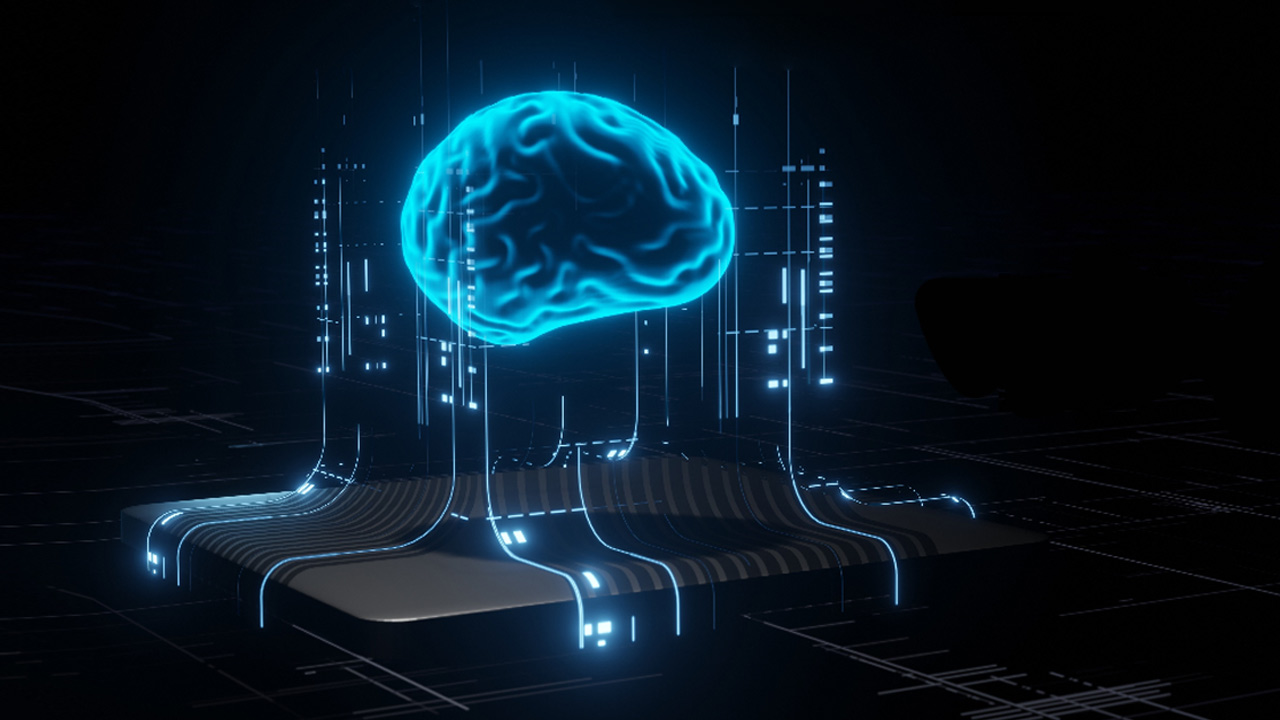The Impact of Artificial Intelligence on the Job Market and Economy : Challenges and Opportunities
Is AI Reshaping the Future of Jobs and the Global Economy ?
Introduction
In recent decades, artificial intelligence (AI) has seen remarkable advancements, becoming an integral part of various industries, from manufacturing and financial services to healthcare and education. As AI capabilities continue to evolve, crucial questions arise about its impact on the job market and the global economy Will it boost productivity and create new job opportunities Or will it lead to the loss of millions of jobs due to automation ?
This article explores the multifaceted effects of AI on employment and economic structures, highlighting both the challenges and opportunities it presents for the future
I AI and the Job Market – Between Automation and Job Creation
1 The Threats Posed by AI to Traditional Jobs
AI plays a pivotal role in automation, threatening many traditional jobs, particularly those involving repetitive and routine tasks. Advanced technologies, such as robotics, machine learning, and big data analytics, are increasingly performing functions once handled by humans
Jobs Most at Risk of Automation :
1 Manufacturing and Industrial Jobs : With the rise of industrial robots and automated systems, many factories rely on AI to enhance productivity while reducing the need for human labor
2. Customer Service Roles : AI-powered chatbots and virtual assistants are now capable of handling customer inquiries with greater efficiency and accuracy than human agents
3 Data Entry and Analysis :AI-driven systems can process and analyze large volumes of data faster than humans, reducing demand for traditional data entry roles
2 New Jobs Created by AI
Despite concerns over job losses, AI is also driving the creation of new employment opportunities that require advanced skills, such as software development, cybersecurity, and data science.
Key Jobs Emerging Due to AI :
1. AI and Machine Learning Engineers : The growing reliance on AI has increased demand for engineers specializing in developing algorithms and data-driven models
2. Cybersecurity Specialists : As AI becomes more prevalent, protecting digital systems from cyber threats has become a top priority, leading to increased job opportunities in cybersecurity
3. AI Trainers : AI models require continuous training and fine-tuning, creating a new category of experts responsible for improving AI performance
4 Big Data Analysts : Companies increasingly rely on AI-driven data insights to refine strategies and make informed business decisions, driving demand for skilled data analysts
II. AI’s Impact on the Global Economy
1. Boosting Productivity and Economic Growth
AI significantly enhances productivity by optimizing business operations and reducing human error. According to a study by McKinsey, AI could contribute up to 14% of global GDP growth by 2030
2. Driving Innovation and Entrepreneurship
AI has created new opportunities for entrepreneurs to develop intelligent solutions for complex problems, increasing efficiency across various sectors. Examples include :
AI in Healthcare: AI-powered systems can diagnose diseases faster and more accurately than human doctors
AI in Finance : Financial institutions are leveraging AI to assess risk, detect fraud, and provide automated financial advice
3. Economic and Social Challenges of AI
Despite its economic benefits, AI presents several challenges that governments and businesses must address :
1 Widening Skill Gaps : The demand for AI-related skills is increasing, but traditional workers may struggle to adapt to new technological requirements.
2 Economic Concentration Among Tech Giants : Large corporations such as Google, Amazon, and Microsoft dominate AI technologies, leading to potential monopolization and unequal economic opportunities across nations
3 Job Displacement Without Adequate Replacement
While AI creates new roles, workforce retraining programs may not be fast enough to compensate for job losses
III How Governments and Businesses Can Adapt to AI’s Transformations
1. Investing in Education and Workforce Training
Governments must develop educational programs focused on equipping workers with skills in programming, data science, and AI-related technologies
2. Implementing Regulations to Protect Workers
Policymakers should establish guidelines to regulate AI deployment, ensuring fair labor practices and job transition support for displaced workers
3 Encouraging Innovation and Public-Private Collaboration
Governments can foster AI-driven innovation by providing tax incentives for research and development while supporting startups working on AI-based solutions
Conclusion
Artificial intelligence is undoubtedly shaping the future of the job market and the global economy, presenting both challenges and opportunities. While it threatens traditional jobs through automation, it also creates new career paths that require specialized skills. The key challenge lies in how quickly governments, businesses, and individuals can adapt to this technological shift to ensure that AI-driven progress benefits society as a whole
The question remains: Can we achieve a balance between AI-driven innovation and sustainable employment, or are we heading toward an era of unprecedented technological unemployment ?
Tags:
Ai


